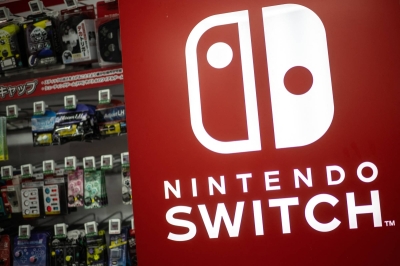Japan's manufacturers have been having a difficult time. Pressured to cut costs due to increasingly sophisticated competition elsewhere in Asia and facing deflation since summer 2015, The Japan Times reported on April 1 that Japanese big manufacturers' business sentiment deteriorated to the lowest level in nearly three years. This is, of course, against the background of Japan's systemic issues of a shrinking domestic market and an increasing labor shortage. While the causes are complicated, it seems at least that the well-earned reputation for highest quality cannot save Japan's manufacturers, nor, indeed, Japan. What can? The same thing that saved Nike and Nestle, and will likely save the World Cup: sustainability.
At the April 2016 Asia Regional Forum on Business and Human Rights, organized by the United Nations and attended by participants from over 60 countries, keynote speaker professor John Ruggie spoke of the "significant unrealized opportunities" for business that sustainability, and in particular, respect for human rights throughout corporate supply chains, can bring.
His comments came as we stand in the midst of a global regulatory cascade that includes the U.K. Modern Slavery Act, the California Transparency in Supply Chains Act, the conflict minerals provisions of the Dodd Frank Act and the EU Directive on non-financial disclosure. These laws have one thing in common — they require companies to have an understanding of their supply chains, with the broader aim of forcing companies to take responsibility for the environmental and social issues therein.


















With your current subscription plan you can comment on stories. However, before writing your first comment, please create a display name in the Profile section of your subscriber account page.